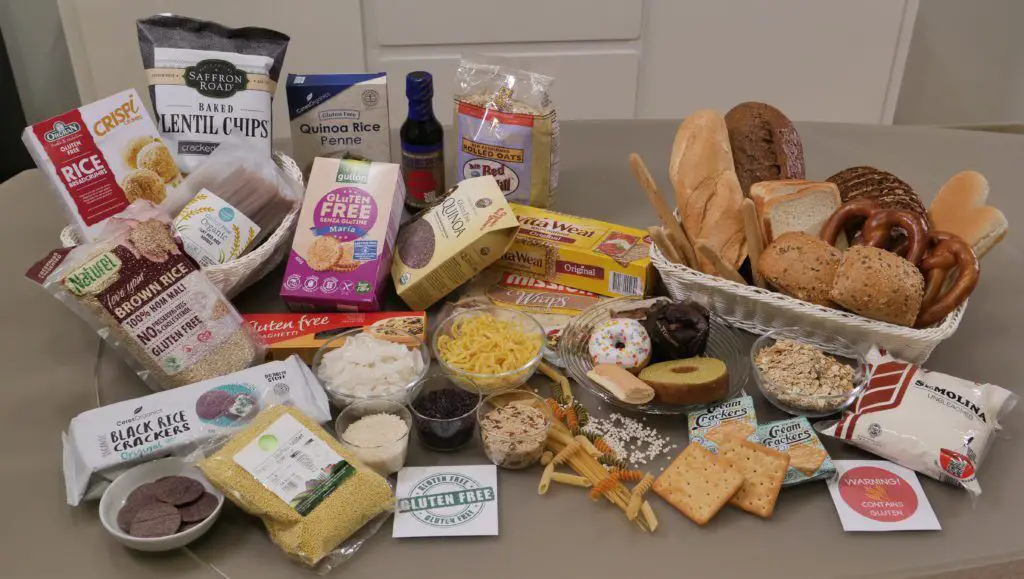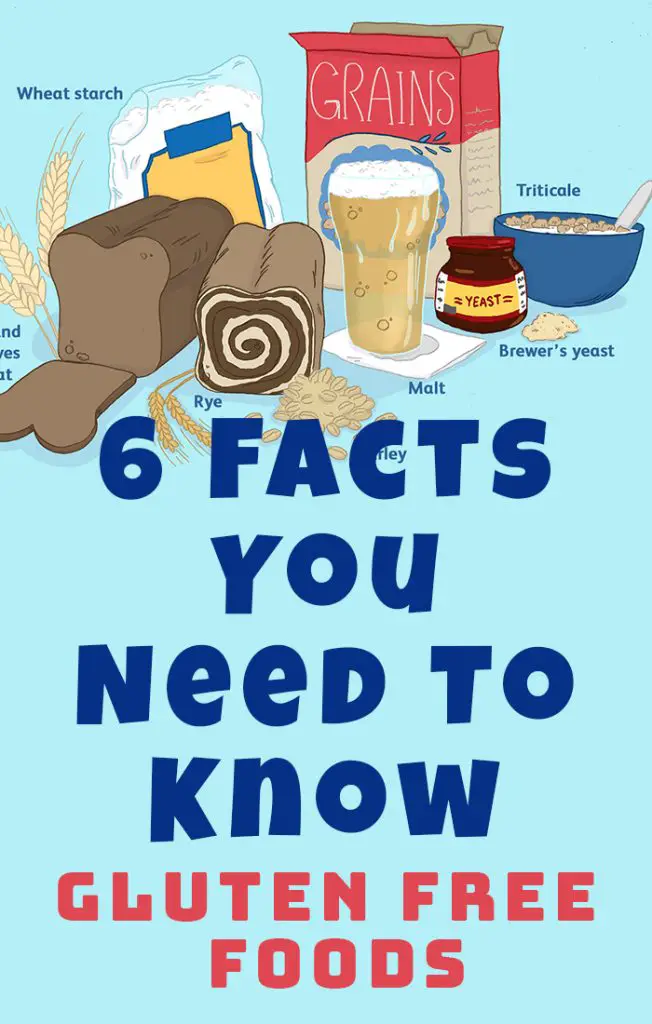Whether you’re thinking of introducing more gluten-free foods into your diet or you’re planning on going on a gluten-free diet (if you are genuinely intolerant to gluten), you should learn more about the foods that you eat.
Here we have everything you need to know about gluten-free foods and what you should expect when you eat them. They should make it easier to prepare and eat gluten-free recipes and products.
Read here for a quick list to flour substitutes. If you need to do more research into gluten-free foods, here is a site you can visit for more information.
1 – Gluten-Free Food Can Be Unhealthy

The first thing you need to know is that gluten-free foods can still be unhealthy. Many people eat gluten-free foods or start a gluten-free diet to become healthier.
Even when you have a condition that encourages gluten-free foods, like celiac disease, sufferers often gain weight after cutting out gluten because now they’re absorbing more from their food than before.
You can find Gluten in many carbohydrates too, which aren’t known to be healthy when consumed in large amounts. Many popular gluten-free foods are types of bread, pasta, and baked goods that are full of fat and sugar. Sometimes they have more fat and sugar than gluten foods.
It’s important to remember that gluten-free junk food is still junk food, so replacing gluten carbs with gluten-free carbs won’t lead to any weight loss.
This is an food idea for young people in college to recognize. Just because you’re gluten free doesn’t mean anything!
2 – Wheat-Free Isn’t Gluten-Free
Gluten is found in wheat, but wheat-free products aren’t necessarily gluten-free.
Gluten is still present in other grains, like barley or rye, and so a wheat-free product can use those substitutes instead.
The result is a food that still has similar amounts of gluten in, usually enough to trigger the negative effects of celiac disease.
3 – Gluten Is Everywhere
If you’re trying to avoid gluten, you should know that it’s everywhere.
Across many different foods and sauces gluten is found even where you don’t expect it. If a food contains grain, you should check to make sure there’s no gluten in it.
There are some gluten-free grains out there but, with wheat being the most popular grain ingredient, it’s hard to avoid. The surest way to avoid gluten is to check the ingredients label.
4 – Gluten-Free Diets Can Cause Deficiencies

If you’re going even deeper into gluten-free foods, where most of the food you eat has no gluten, then you may suffer from some deficiencies. Without gluten, you may experience a decline in amino acids, iron levels, and B vitamin levels because you’re not getting fortified foods anymore.
Here’s one science study that notes how people often improperly try gluten free diets and end up becoming deficient.
This can be remedied by whole grains like millet or buckwheat, which can be great wheat substitutes but with none of the gluten. They’re packed with iron, B vitamins, and amino acids.
You can balance out other nutritional deficiencies with fruits and vegetables. If you do have any concerns, you should consult a dietician. If you have celiac disease or you can’t eat gluten, your doctor can advise you even further on maintaining a balanced diet while avoiding gluten foods.
Please know that avoiding gluten entirely can be a sign of an eating disorder.
5 – Distilled Alcohol Is Gluten-Free
Drinking when trying to avoid gluten can be tricky. Generally, you can rely on wine and distilled alcoholic drinks being gluten-free. Beer, on the other hand, has more gluten because it’s made and flavored with grains, typically barley. As we mentioned above, barley contains gluten just like wheat does.
Remember this – the more distilled the drink is, the less gluten it’ll have. Light beers have much less gluten than darker, heavier beers, so opt for those for a gluten-free drink. Distilled beers have less gluten because gluten peptides are left behind in the distillation process. So the liquid that reaches your glass won’t have much gluten left in it.
Wine, cider, and other liqueurs are ideal for a gluten-free diet. However many beers, lagers, stouts, and ales have a lot of gluten in them, to the point of being unsuitable for those with celiac disease. To learn more about beers, check out baranddrink.com.
6 – Medications Can Contain Gluten
The gluten in wheat is sometimes used as a binding agent to keep medication together. This is something you can find with both over-the-counter and prescription medications. Sometimes dietary supplements use wheat gluten for binding too.
Wheat will typically be on the label when a medication contains gluten. If you’re trying to avoid gluten because you have a medical condition, this is something you should know. You should also consult your doctor or pharmacist if you have any concerns.
If you’re eating gluten-free food for other reasons, you don’t need to worry about gluten in medication too much.




